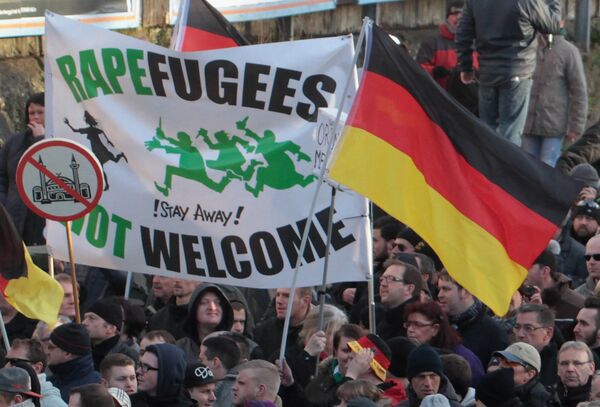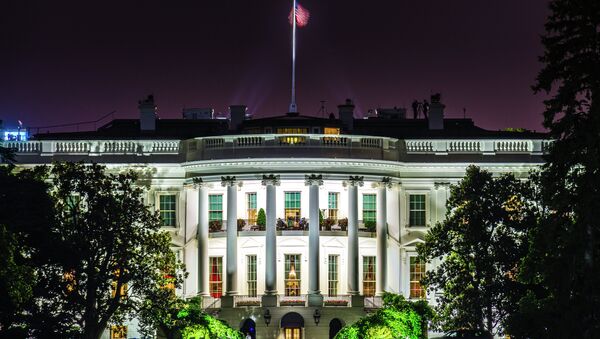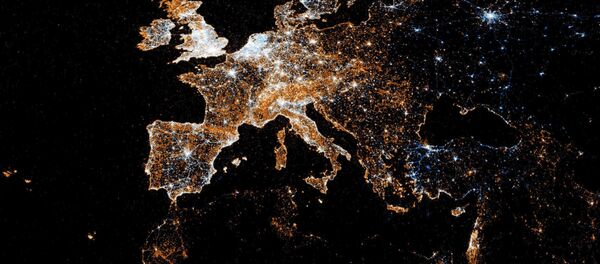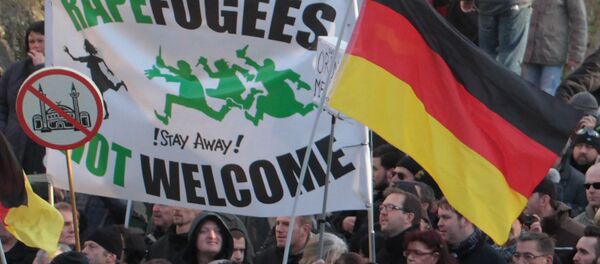Many in the US now realize that "this crisis will last for a long time," he noted. They are concerned that Europe will no longer be "a capable partner in the future," because the continent is "simply overwhelmed with the current situation."
The analyst cited the Ukrainian crisis as an example. The West has pinned the blame for the civil war in Ukraine on Russia. For its part, Moscow has always denied these claims, while making every effort to bring lasting peace to the war-torn nation through what has become known as the Minsk process.
"Will the West prolong sanctions against Russia in July?" he asked, referring to the restrictive measure that the United States and European Union imposed on Moscow in early 2014. Does Europe have a shared stance on the issue? Will it fall apart due to the refugee crisis? These are some of the questions that, according to Janes, worry policymakers in the US.
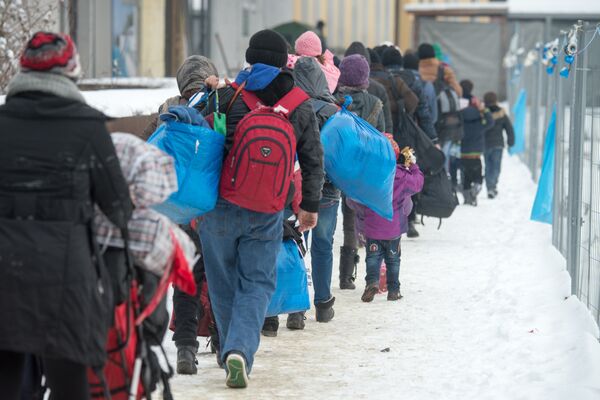
Berlin, Europe's de facto leader in recent years, has welcomed asylum seekers, mostly coming from Syria. But the German political leadership has been plagued by infighting in what has become the latest major test for Angela Merkel.
The crisis reached a peak following mass sexual assaults and robberies in Cologne. The New Year's attacks are largely blamed on men of mostly Arab or North African origin. The events, much like the night of terror in Paris on November 31, have led to many calls for the government to adopt a tougher stance on asylum seekers.
